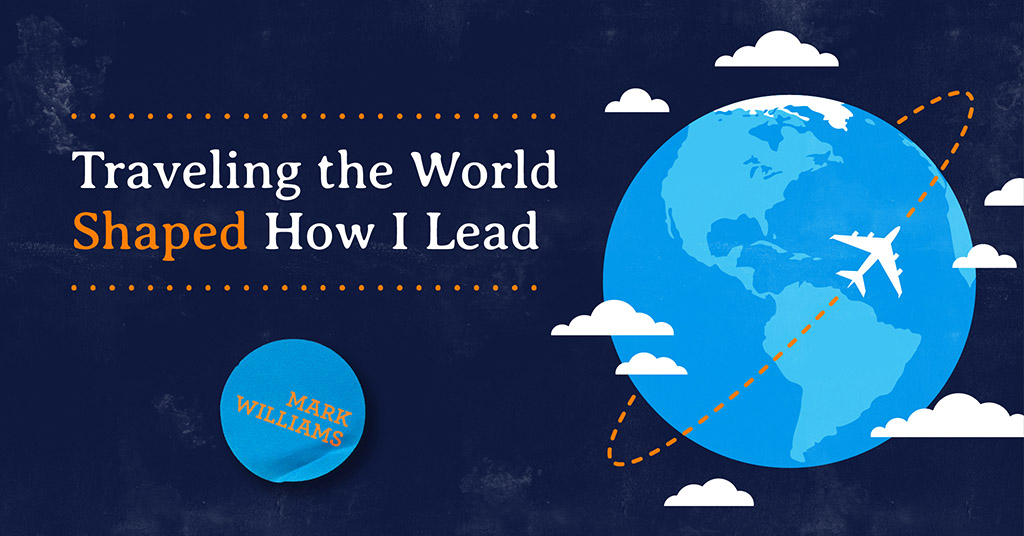One of the greatest lessons I’ve learned as a leader is that perspective is everything. You can sit in meetings, read reports, and talk strategy all day long, but if you’re only seeing the world from your desk, your view will always be limited. That’s why travel has become such an important part of my own growth, both personally and professionally.
When I travel, whether it’s across the country or across the globe, I’m reminded that business is not the same everywhere. Cultures shape how people work, how they communicate and how they define success. What might motivate a team in the United States could look very different from what drives a team in Europe or Asia. These differences aren’t obstacles, they’re opportunities. By listening, observing, and asking questions, I’ve learned lessons abroad that I never would have discovered by staying in one place.
But it’s not just about learning new business practices. Travel forces you to pause, step back and take a break from your daily grind. Too often, leaders wear “being busy” as a badge of honor, when in reality, that constant pace can narrow your thinking. I’ve found that some of my best ideas come when I’m far away from the office, sitting in a café in another country, walking through a local market or even just staring out at a landscape that looks nothing like home.
Breaks aren’t a sign of weakness. They’re a way to recharge and reset. Just like our phones need to be plugged in, so do we. Traveling gives me that reset button. It helps me come back sharper, more creative and with a clearer sense of direction.
The other gift of traveling is humility. When you step into someone else’s culture, you quickly realize how much you don’t know. You’re no longer the expert, you’re the student. And that shift is powerful. It reminds me that leadership is less about having all the answers and more about asking better questions. It’s about respecting different perspectives and weaving them together into stronger solutions.
I encourage every leader, whether you’re managing a team of two or two hundred, to prioritize perspective. You don’t always need a passport to do that. Sometimes, perspective comes from simply changing your environment. But when you can, step outside your world. Travel. Explore. Listen. Break away from the routine.
Because at the end of the day, leadership isn’t just about what you know. It’s about how you see the world and the more perspectives you bring into your leadership, the stronger and more human it becomes.

